Mystic, Connecticut
 The Sea Research Foundation, based in Mystic, Connecticut, received $5,000 to support building a research and education center at its partner location, Mystic Aquarium. The Aquarium includes more than 300 species and introduces over 700,000 visitors each year to the wonders of the aquatic world.
The Sea Research Foundation, based in Mystic, Connecticut, received $5,000 to support building a research and education center at its partner location, Mystic Aquarium. The Aquarium includes more than 300 species and introduces over 700,000 visitors each year to the wonders of the aquatic world.
The Sea Research Foundation inspires people to care for and protect the ocean through education, research, and exploration. Since its founding in 1977, the Sea Research Foundation has promoted deep-water marine archaeology, conducted research to advance aquatic husbandry and health, trained aquatic veterinarians, and advanced conservation and marine science discoveries.
The Research and Education Center will include a prestigious research laboratory for investigating issues related to aquatic animal 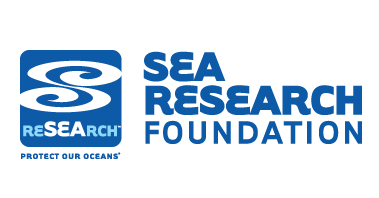 and ecosystem health, a library, wetlabs and classrooms to instruct children about marine conservation issues. The Sea Research Foundation is currently involved in several research and conservation projects, such as developing conservation plans for arctic beluga whales and wild African penguins, investigating the beluga whale immune system and examining the impact of a bacterial pathogen on marine mammals.
and ecosystem health, a library, wetlabs and classrooms to instruct children about marine conservation issues. The Sea Research Foundation is currently involved in several research and conservation projects, such as developing conservation plans for arctic beluga whales and wild African penguins, investigating the beluga whale immune system and examining the impact of a bacterial pathogen on marine mammals.

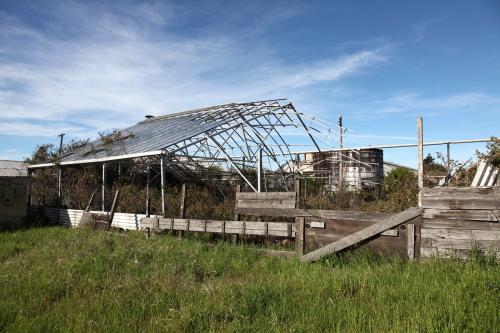
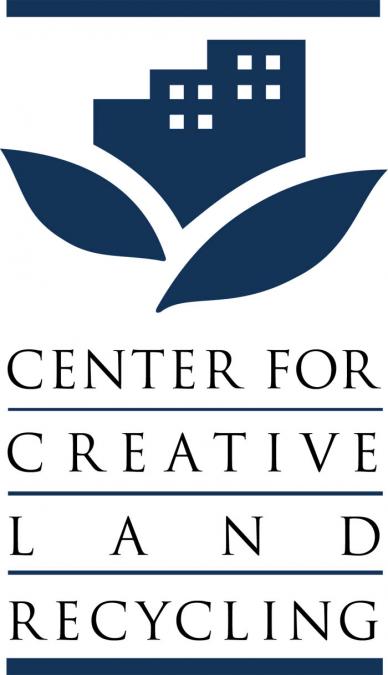
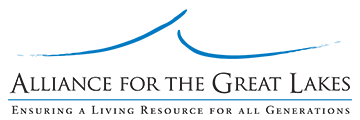
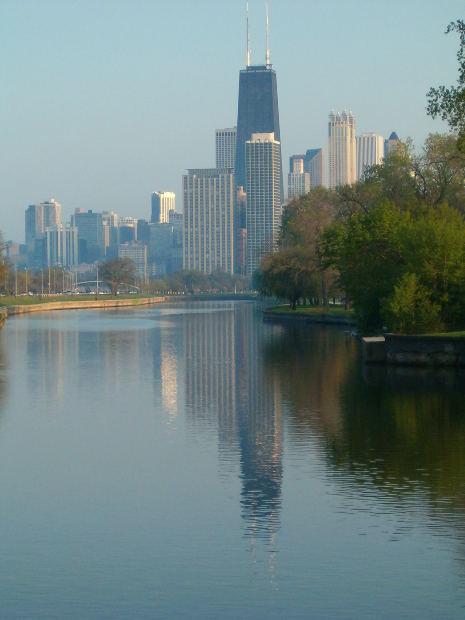
 The
The  and ecosystem health, a library, wetlabs and classrooms to instruct children about marine conservation issues. The Sea Research Foundation is currently involved in several research and conservation projects, such as developing conservation plans for arctic beluga whales and wild African penguins, investigating the beluga whale immune system and examining the impact of a bacterial pathogen on marine mammals.
and ecosystem health, a library, wetlabs and classrooms to instruct children about marine conservation issues. The Sea Research Foundation is currently involved in several research and conservation projects, such as developing conservation plans for arctic beluga whales and wild African penguins, investigating the beluga whale immune system and examining the impact of a bacterial pathogen on marine mammals.